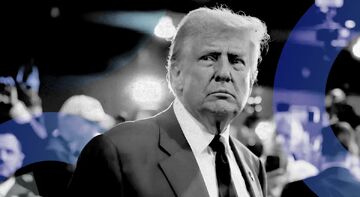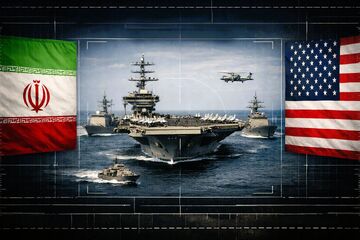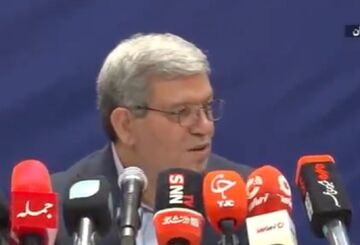TEHRAN(Bazaar) –Shireen Tahmaasb Hunter, a professor of political science at Georgetown University, tells as to the impact of a potential war over Taiwan on the tech industry, certainly the fallout would be serious.
She says: “This is why recently the US congress passed a bill worth 280 billion dollars to expand chip manufacturing in the US and thus make the country less vulnerable to disruptions caused by political crisis, war, or future pandemics.”
Following is the text of the interview:
Bazaar: Nancy Pelosi, Speaker of the US House of Representatives, visited Taiwan despite China's warnings. Why is America trying to provoke China at this time?
Hunter: US officials have always travelled to Taiwan. It was Beijing that this time overreacted to Pelosi's trip. Once China objected to the trip, it became impossible for Pelosi to back down because this would have been interpreted as Washington submitting to China's ultimatum. The US tried to assuage Beijing's fears by repeating that it still remained committed to the one China policy. China's problem is that Taiwan does not want to unify with the Beijing government, and so China might have to invade the island if it does not give up the goal of actual unification. Taiwan has developed differently than mainland China and unification would not be easy. Even in the case of Hong Kong the process of unification has been difficult.
Bazaar: This trip seems to be a sign of a new chapter in US-China relations and even a picture of the future of the world order. That is the order in which America is trying to contain China and bring Beijing into geopolitical conflicts. what is your opinion?
Hunter: Historically, when new rising powers challenge the supremacy of the more established powers, competition becomes inevitable. This is what has happened between China and the US in the last decade. However, the competition need not end in armed conflict, provided that the rising power does not exceed its ambitions and does not threaten neighboring and more distant states. But even if a China-US rivalry becomes a feature of the international system, it would not by itself determine the nature of a potential new order. Many other factors would also help shape the characteristics of an alternative order.
Bazaar: Taiwan is one of the most important producers and exporters of electronic chips, which plays important role in high tech. In such a way that if there is a war between China and Taiwan, the electronic industries related to cellphones, computers, etc., will be paralyzed. In your opinion, there will be a war between China and Taiwan, and if it happens, what will happen to tech industries in the world?
Hunter: Whether there is a war over Taiwan would mostly depend on China. Some believe that China may want to take advantage of the West's preoccupation with the war in Ukraine to launch an attack on Taiwan. Part of the Pelosi trip to Taiwan was to demonstrate the US resolve to defend Taiwan should Beijing attack the island. As to the impact of a potential war over Taiwan on the tech industry, certainly the fallout would be serious. This is why recently the US congress passed a bill worth 280 billion dollars to expand chip manufacturing in the US and thus make the country less vulnerable to disruptions caused by political crisis, war, or future pandemics.
Bazaar: What will the new world order look like in terms of economic blocs?
Hunter: It is difficult to predict the shape of a potential new order. Unexpected developments ranging from climate change to internal political crises in key countries to wars could completely alter the current balance of power and also alter future prospects of current key international actors. For example, a leadership crisis in China could dramatically affect its economic performance and its external behavior. This change in behavior could be positive or negative. Some believe that one reason for China's recent belligerence is President Xi's fear of losing the control of the Communist party.
Change in the US and Russia also would impact the evolution of the international system.
Bazaar: Which countries and blocs will be the poles of power in the future world order?
Hunter: Most probably, however, in the foreseeable future, the US, the EU and China would remain the major economic powers, while Russia would retain influence through its military and nuclear power.
















نظر شما